Political tensions stemming from France's support for Armenia and its accusations against Baku resurfaced at the COP29 climate summit. But what is driving the ongoing tension between the two sides?
COP29 climate summit opened with a diplomatic incident in Azerbaijan, where host President Ilham Aliyev sparked tensions with France by accusing President Emmanuel Macron’s government of committing “crimes” in its overseas territories.
"The lessons of France's crimes in these so-called overseas territories would not be complete without mentioning the regime's recent human rights violations," Aliyev said.
French support for Armenia
Experts say the rising tensions between Paris and Baku stem from France’s strong support for Armenia in its territorial conflict with Azerbaijan over Nagorno-Karabakh.
“This is a largely political move by Azerbaijan to push back against France for its strong support of Armenia,” Teona Lavrelashvili told Euronews.
"These tensions are largely political. And this is an attempt by Azerbaijan to retaliate against France for its exceptional and significant support for Armenia", Teona Lavrelashvili told Euronews.
The European affairs specialist highlighted that France has provided diplomatic, financial, and even military aid to Armenia, especially during the conflict over Nagorno-Karabakh, a disputed enclave in Azerbaijan mainly inhabited by Armenians.
Azerbaijani interference
Paris accuses Baku of political interference, particularly in New Caledonia, where riots in May left 13 dead after a controversial draft law on electoral changes sparked unrest.
Azerbaijan is also suspected of using independence movements to destabilise France, adding fuel to the fire.
“There is clear political interference. There is what is known as the Baku initiative group, which was set up in July 2023 and continues to thrive today,” said Bastien Vandendyck, a professor of Pacific geopolitics and chief of staff to Sonia Backès, President of New Caledonia’s southern province.
"It is a pressure and lobbying group at international level, which helps to share, relay and act as a sounding board for the independence aspirations of certain pro-independence groups," he told Euronews.
In April, a controversial agreement between New Caledonia’s Congress and the Parliament of Azerbaijan, signed by a pro-independence representative, was later annulled, but it had already caused outrage. A visit by pro-independence officials to Azerbaijan further fuelled tensions.
"Baku is certainly positioning itself as a champion and supporter on the world stage of Island states, as well as other small nations that have liberation movements against European powers. And they're selling this as part of a movement against interference in other countries politics", explained Jody Laporte, a politics researcher at Oxford University's Lincoln College.
Laporte believes that this strategy aligns with Azerbaijan's history in the Non-Aligned Movement, which was founded during the Cold War to defend the interests of developing countries.
Disinformation campaigns
A report from VIGINUM, France’s agency for monitoring foreign digital interference, indicates that Azerbaijan has carried out disinformation campaigns targeting France on social media.
While real disputes led to the riots in New Caledonia, Azerbaijan’s involvement exacerbated the crisis, argues Bastien Vandendyck.
“If Azerbaijan truly cared about the right of peoples to self-determination, it would start with its own territory," said the international relations analyst.
"The reality is that today there is a territory in Azerbaijan called Nagorno-Karabakh, which is the victim of ethnic cleansing deliberately carried out by the Aliyev regime."
Vandendyck believes Azerbaijan used New Caledonia as a testing ground for its tactics and is now shifting its focus to the French West Indies, French Guiana, and French Polynesia.
Despite ongoing trade and gas contracts between Baku and the EU, tensions show no sign of easing.
In response to French accusations, Baku has denied being involved in the disinformation campaigns. They've also denied having any involvement in the New Caledonia protests.
"We strongly condemn the insulting statements of the French side and demand to stop the campaign to vilify Azerbaijan with unacceptable accusations of massacres of Armenians," a spokesperson of Azerbaijani Foreign Ministery said in May, according to Azeri media.

 5 months ago
42
5 months ago
42
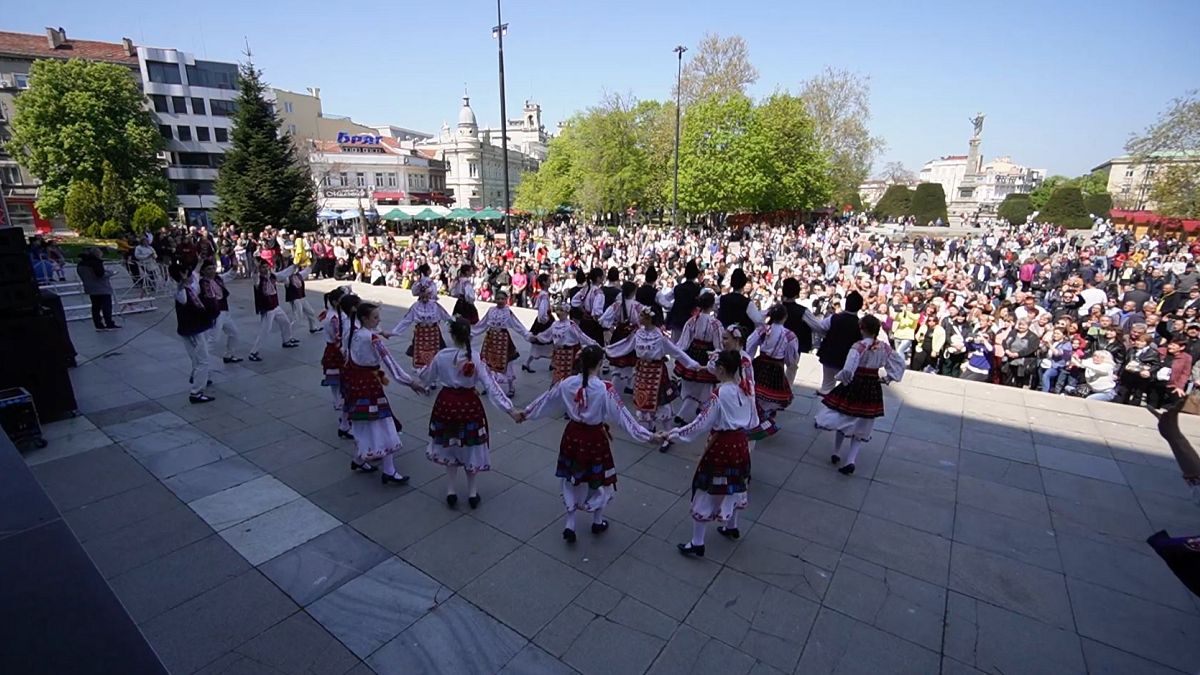
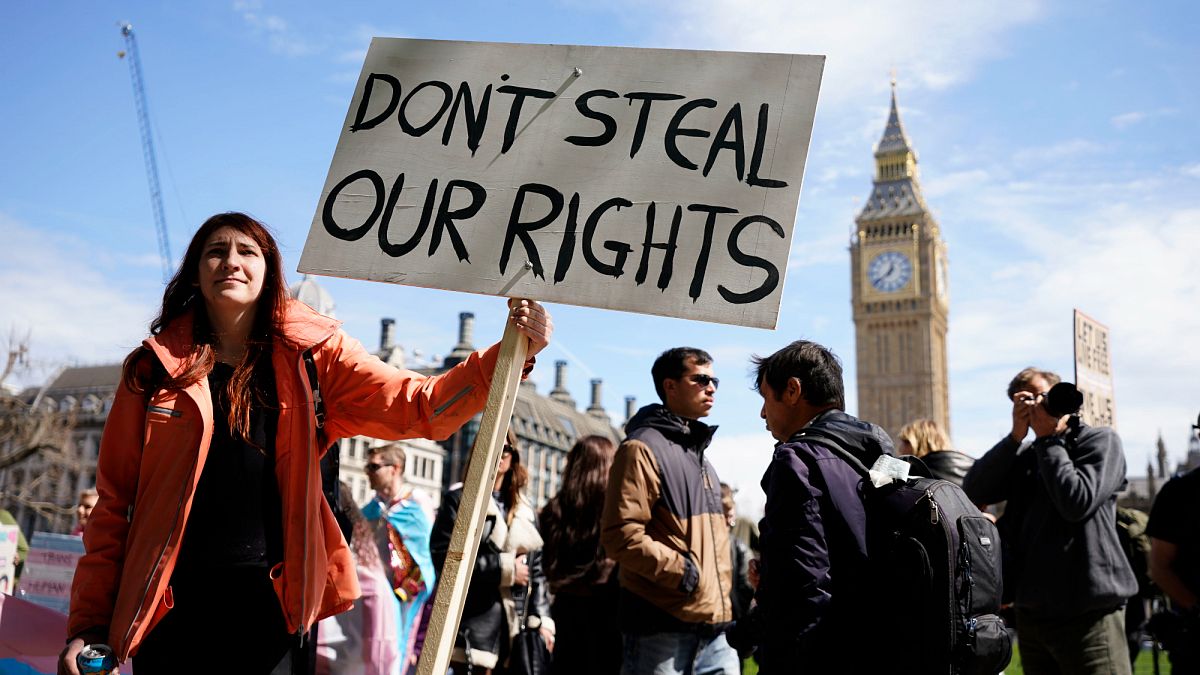
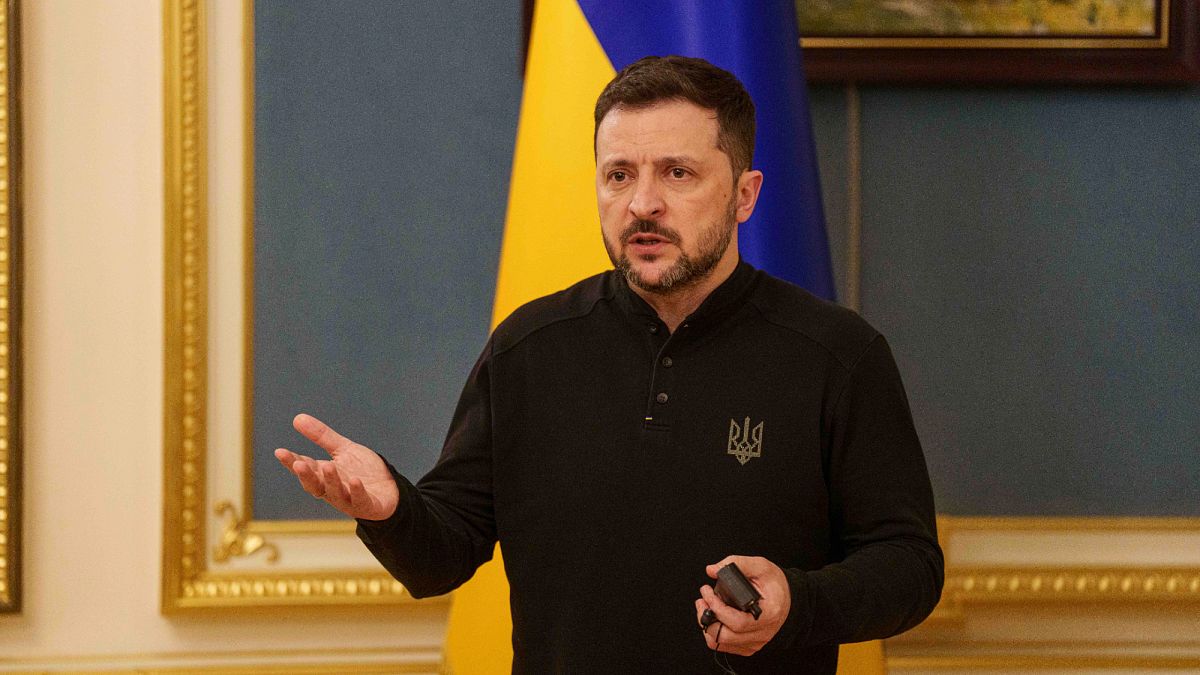
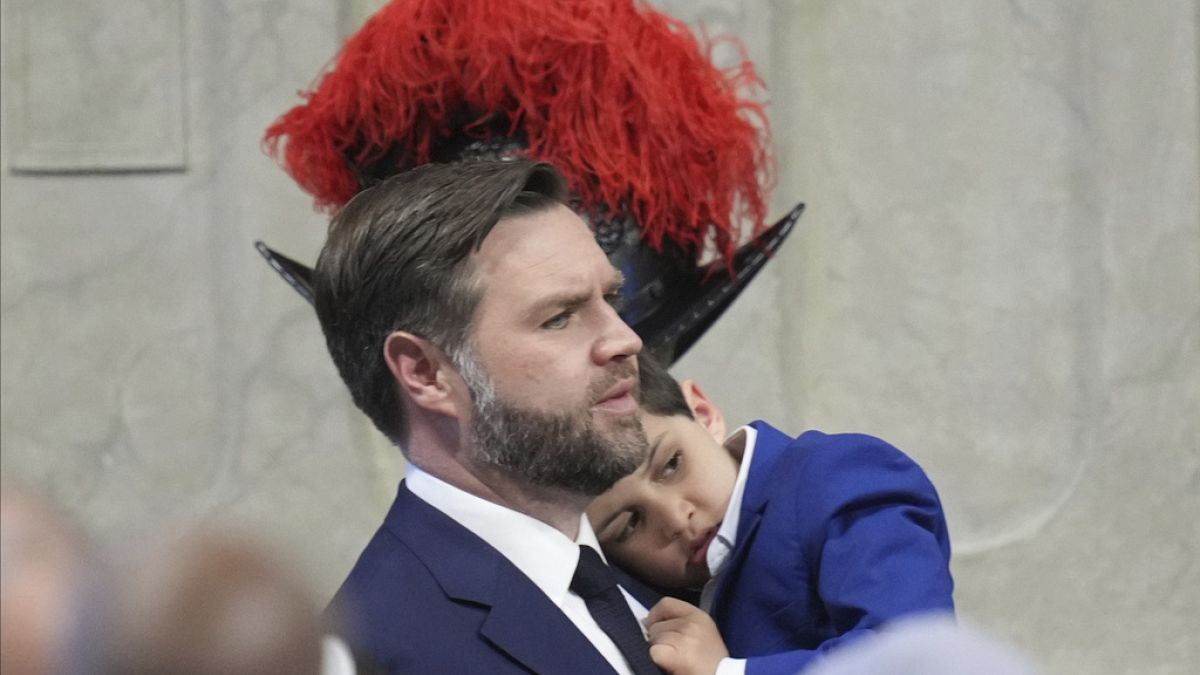
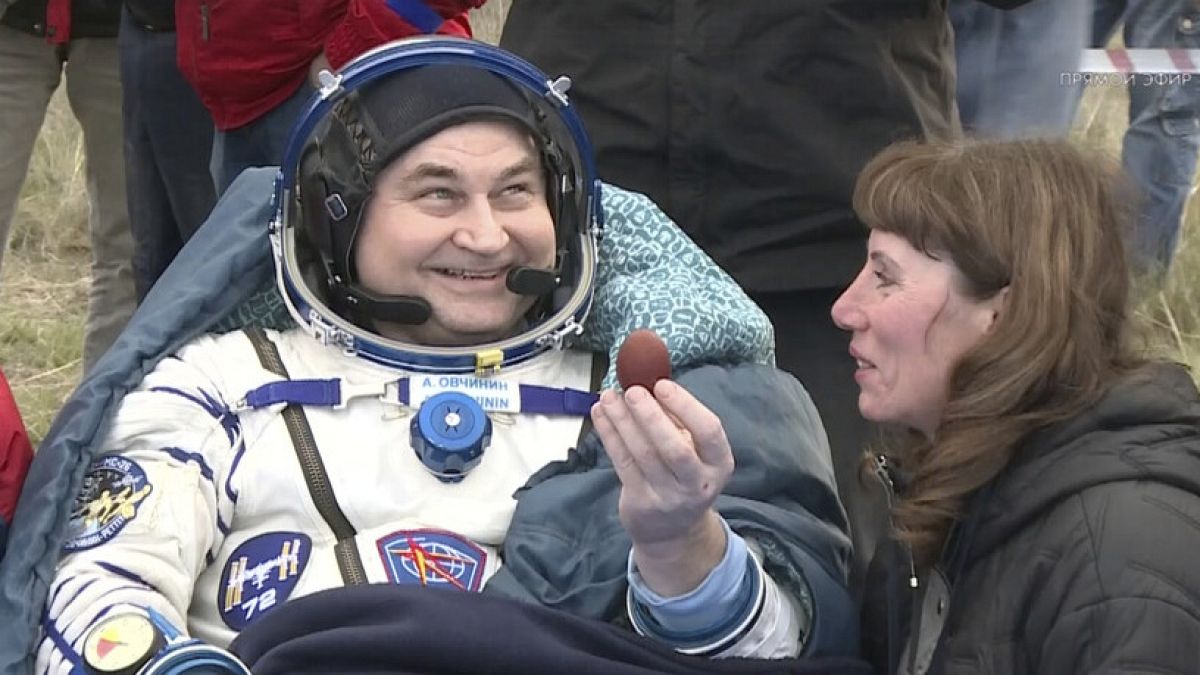
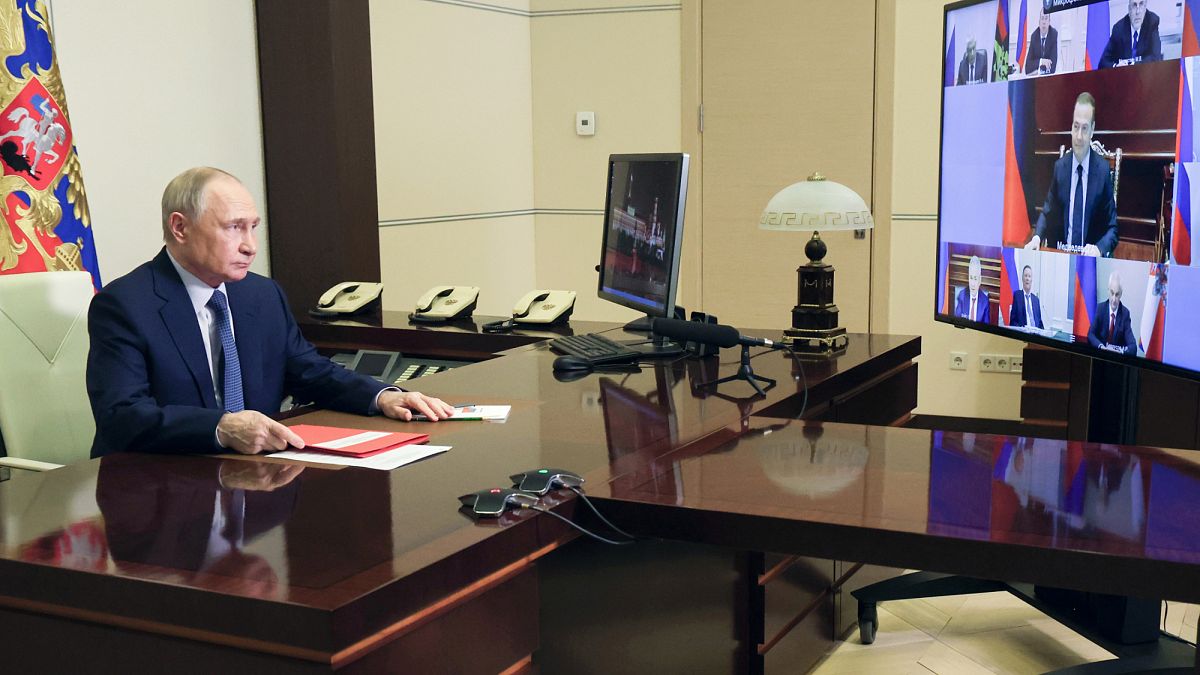
 We deliver critical software at unparalleled value and speed to help your business thrive
We deliver critical software at unparalleled value and speed to help your business thrive






 English (US) ·
English (US) ·